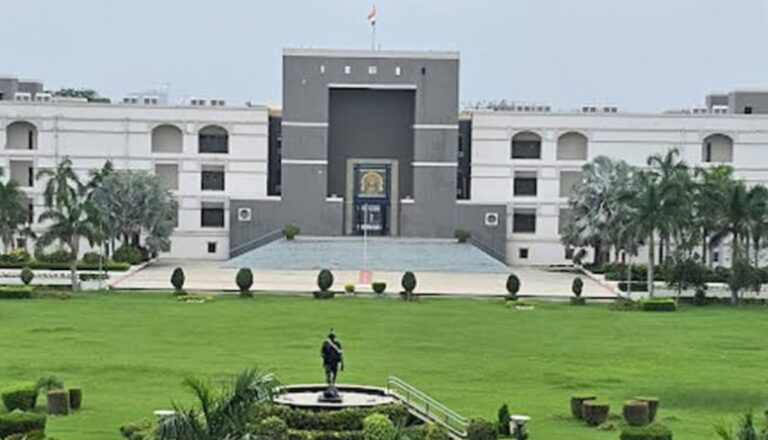In a significant ruling under the Goods and Services Tax (GST) law, the Gujarat High Court granted bail to a taxpayer accused under the Central Goods and Services Tax Act, 2017. The case, reported as 2025 (10) TMI 1069 – Gujarat High Court, underscores how courts assess bail requests in GST-related offences.
Citation: 2025 (10) TMI 1069 – Gujarat High Court
Background
The applicant had been arrested by the GST authorities on allegations of tax evasion. During the course of the investigation, the taxpayer deposited approximately ₹84 lakh toward the alleged liability. By the time the bail application was heard, the investigation was substantially complete, and the prosecution failed to demonstrate any risk of the applicant absconding or tampering with evidence.
Court’s Observations
The Gujarat High Court observed that:
- The applicant had made a substantial deposit of ₹84 lakh, indicating bona fide cooperation with the authorities.
- The major part of the investigation had already been completed.
- There was no material suggesting that the applicant posed a flight risk or would interfere with the ongoing proceedings.
Considering these factors, the Court held that continued detention was not warranted and granted bail to the applicant.
Key Takeaways
- Substantial deposit and cooperation matter: Courts are likely to consider voluntary payments and cooperation as mitigating factors in bail proceedings under GST laws.
- Completion of investigation is crucial: Once the investigation is largely over, prolonged custody may not be justified.
- Fact-specific relief: This judgment, while favorable to the taxpayer, is based on specific facts and may not automatically apply to all GST arrest cases.
Practical Insight
For professionals handling GST disputes, the ruling highlights the importance of demonstrating cooperation with the department and making reasonable payments during investigation. For the authorities, it serves as a reminder that arrests should not be used mechanically once investigation milestones have been achieved.
